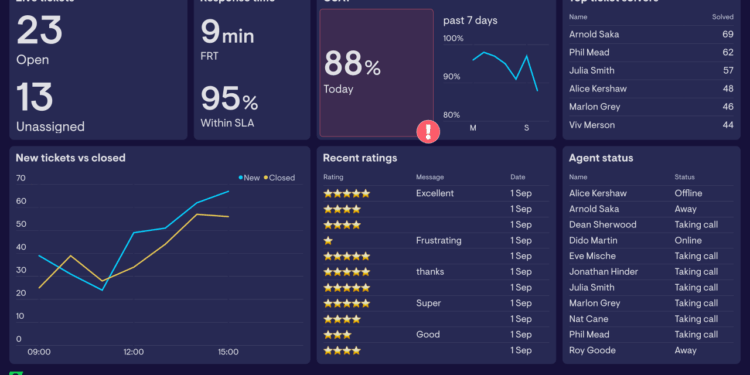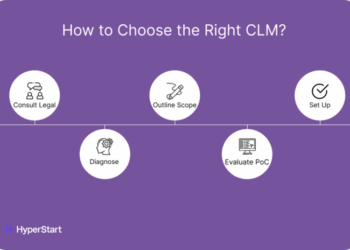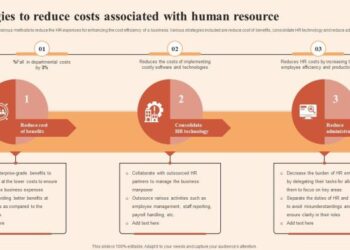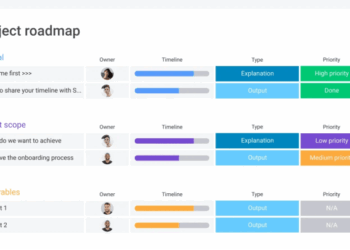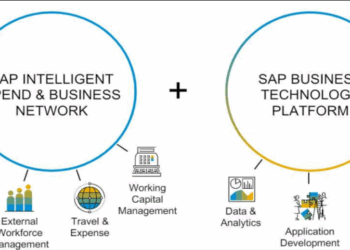Exploring the realm of Top Platforms for Real-Time Financial Data Tracking, this introduction aims to captivate readers with a deep dive into the significance of monitoring financial data in real-time. It sets the stage for an informative and engaging discussion that sheds light on the key features and benefits offered by these platforms.
In the subsequent paragraph, readers will gain valuable insights into the top platforms available, their user interfaces, pricing structures, and overall value proposition for users.
Overview of Real-Time Financial Data Tracking Platforms
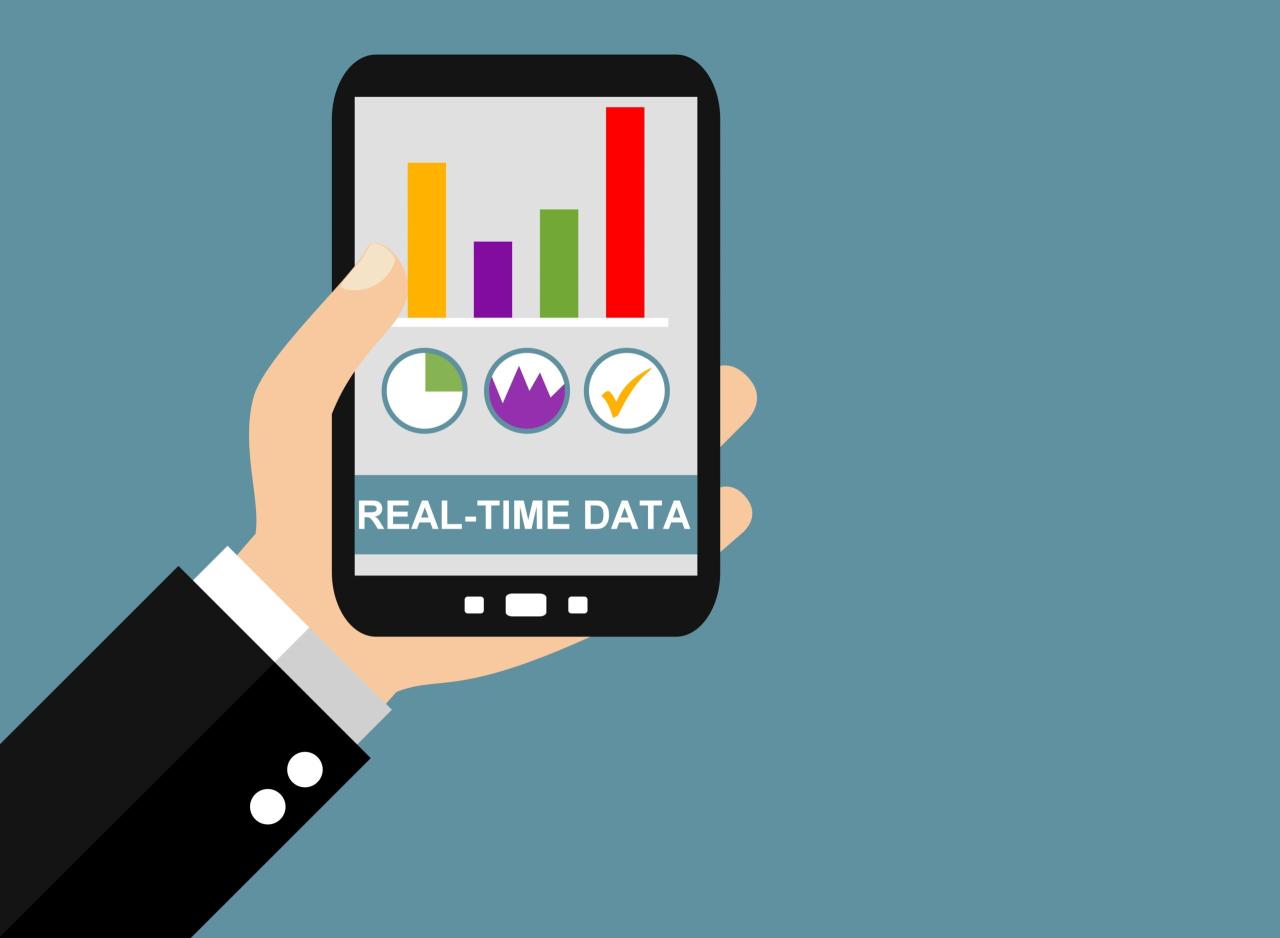
Real-time financial data tracking is crucial for investors as it provides up-to-the-minute information on market changes, stock prices, and economic indicators. This real-time data allows investors to make informed decisions quickly and react to market shifts promptly.
Key Features of Top Platforms for Real-Time Financial Data Tracking
- Live Stock Quotes: Top platforms offer real-time stock quotes, allowing users to monitor price changes instantly.
- Customizable Alerts: Users can set up alerts for specific price movements or news events to stay informed.
- Advanced Charting Tools: These platforms provide advanced charting tools for technical analysis and trend identification.
- Financial News Integration: Users can access real-time financial news and analysis to stay updated on market developments.
How Real-Time Financial Data Tracking Platforms Help Users Make Informed Investment Decisions
Real-time financial data tracking platforms empower users to make informed investment decisions by providing timely and accurate information. Users can analyze market trends, monitor stock performance, and assess economic indicators in real-time. This data allows investors to react quickly to changing market conditions and adjust their investment strategies accordingly.
Top Platforms for Real-Time Financial Data Tracking

Tracking real-time financial data is crucial for making informed investment decisions. Here are some of the top platforms available for users:
1. Bloomberg Terminal
Bloomberg Terminal is a widely used platform by professionals in the finance industry. It provides real-time financial data, market news, and analysis tools. The user interface is comprehensive but may have a steeper learning curve for beginners.
2. Yahoo Finance
Yahoo Finance offers real-time stock quotes, financial news, and portfolio management tools. The platform is user-friendly and accessible to a wide range of users. It is a popular choice for both beginners and experienced investors.
3. E*TRADE
E*TRADE is a brokerage platform that provides real-time streaming quotes, research tools, and trading capabilities. The interface is intuitive and easy to navigate, making it suitable for active traders.
4. TradingView
TradingView is a social network for traders and investors offering real-time data, advanced charting tools, and a community platform to share trading ideas. The platform has a modern and customizable interface that appeals to a broad audience.
5. Interactive Brokers
Interactive Brokers is a comprehensive platform offering real-time data, research tools, and trading services. The interface is professional and geared towards active traders and institutional investors.
Comparison of User Interfaces:
- Bloomberg Terminal: Comprehensive but complex interface.
- Yahoo Finance: User-friendly and accessible interface.
- E*TRADE: Intuitive and easy-to-navigate interface.
- TradingView: Modern and customizable interface.
- Interactive Brokers: Professional and geared towards active traders.
Pricing Structures and Value:
Each platform has its pricing structure, ranging from subscription fees to commission-based models. Users should consider the features, data accuracy, customer support, and overall value when evaluating the cost of these platforms.
Data Sources and Accuracy
When it comes to real-time financial data tracking platforms, the accuracy and reliability of the data provided are crucial for making informed decisions. These platforms rely on specific data sources and employ various methods to ensure the accuracy of the financial information available to users.
Data Sources Used
- Stock exchanges: Platforms often directly source real-time data from major stock exchanges such as NYSE, NASDAQ, and others.
- Financial institutions: Data from banks, investment firms, and other financial institutions are also utilized for comprehensive tracking.
- Market data providers: Many platforms partner with market data providers like Bloomberg, Reuters, and others to access real-time financial data.
Ensuring Accuracy
- Validation processes: Platforms implement validation checks to ensure the accuracy of incoming data before displaying it to users.
- Quality control: Regular quality control measures are taken to identify and correct any discrepancies in the data provided.
- Reliability checks: Platforms monitor the reliability of data sources and may cross-reference information to confirm accuracy.
Frequency of Updates and Synchronization
- Real-time updates: Platforms strive to provide data in real time, with minimal delay to reflect the most current market conditions.
- Synchronization across platforms: Efforts are made to ensure that data is synchronized across different platforms to maintain consistency and accuracy for users.
- Timeliness: The frequency of updates varies but is often measured in milliseconds to provide the latest information to users.
Customization and Alerts
When it comes to real-time financial data tracking platforms, customization and alerts play a crucial role in helping users stay informed and make timely decisions. Let's explore the options available for customization and the alert systems implemented by these platforms.
Customization Options
- Users can customize their dashboard to display specific financial metrics that are most relevant to their investment goals.
- Some platforms offer the ability to create personalized watchlists to track favorite stocks or assets.
- Customizable charting tools allow users to analyze data in the way that best suits their investment strategy.
Alert Systems
- Real-time financial data tracking platforms often provide alert systems to notify users of significant changes in the data.
- Users can set up alerts for price movements, volume spikes, or news updates related to their investments.
- Alerts can be delivered via email, SMS, or push notifications on the platform's mobile app.
Setting Personalized Alerts
- Users can set up personalized alerts based on their investment preferences, such as price thresholds or percentage changes.
- For example, a user can set an alert to notify them when a stock they are monitoring drops below a certain price level.
- Users can also receive alerts for earnings reports, analyst ratings changes, or any other events that may impact their investments.
End of Discussion
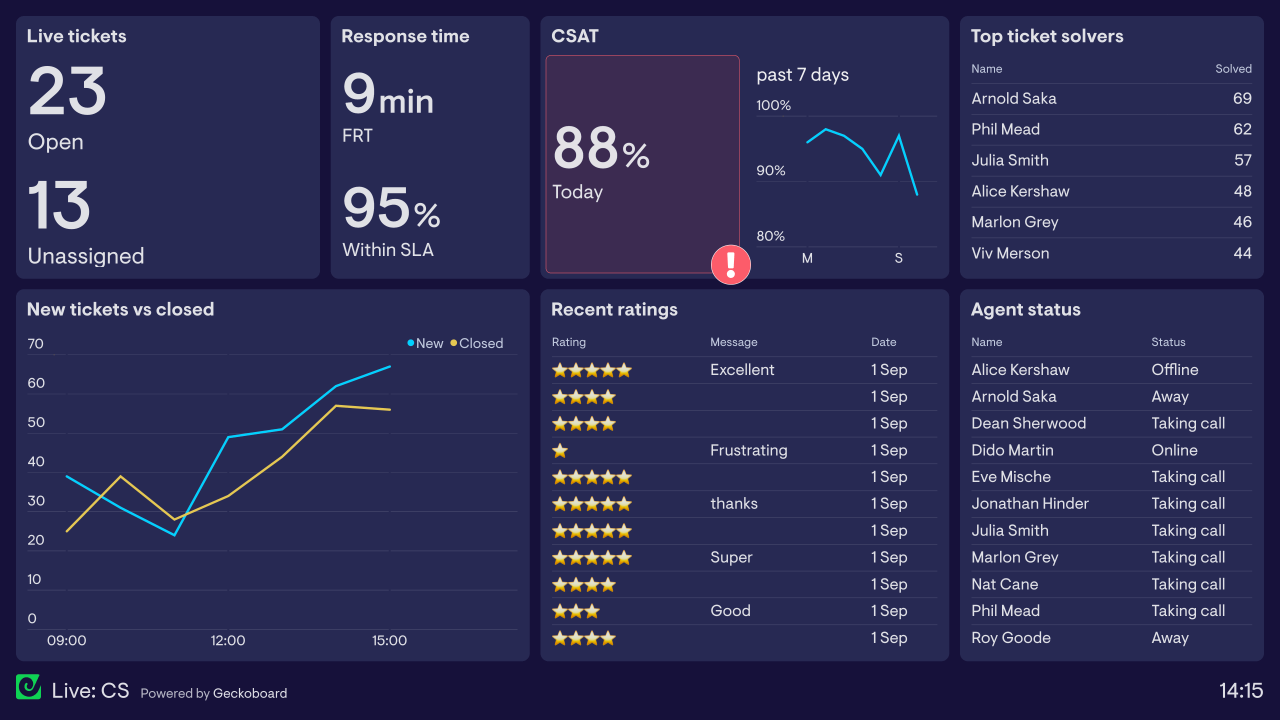
In conclusion, this discussion on Top Platforms for Real-Time Financial Data Tracking encapsulates the essence of informed investment decisions and the tools that empower users to navigate the complex world of finance with confidence. It leaves readers with a compelling summary of the key takeaways and insights shared throughout this guide.
FAQ Compilation
How do these platforms help users make informed investment decisions?
These platforms provide real-time updates and key insights on financial data, enabling users to stay ahead of market trends and make well-informed investment choices.
What sources of data do these platforms use for real-time tracking?
The platforms typically source data from reputable financial institutions, stock exchanges, and other reliable sources to ensure accuracy and reliability.
Can users customize alerts on these platforms?
Yes, users can customize alerts based on specific financial metrics or investment preferences to receive notifications about significant changes in real-time data.

